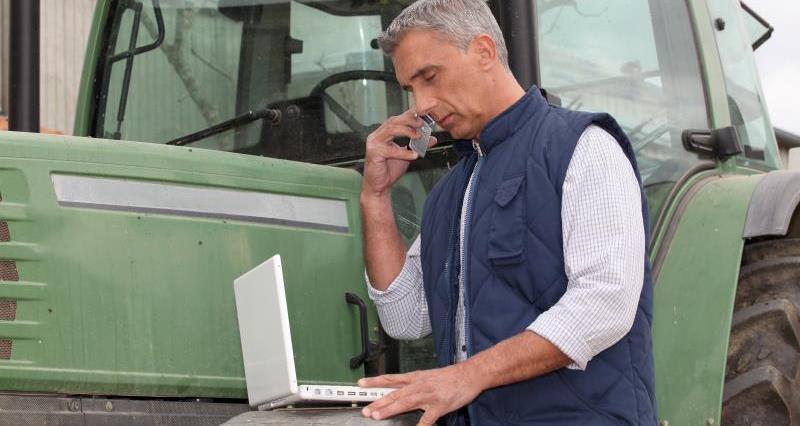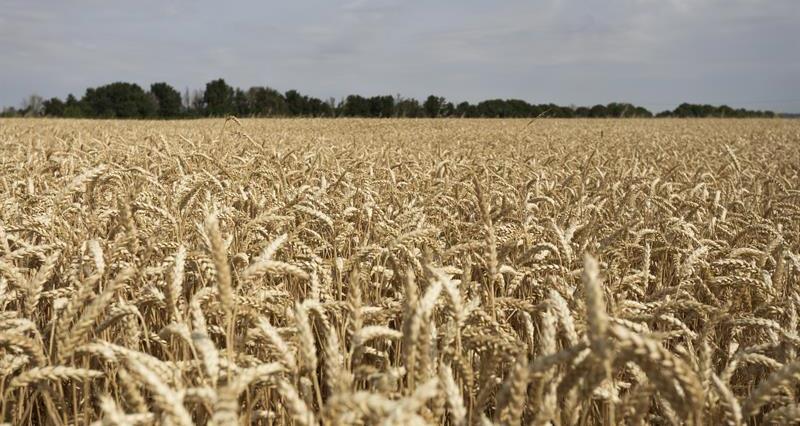Preparing for a no-deal Brexit or dealing with the shift in demand from out of home to retail at the start of the pandemic, understandably, together we focused on food supply. The worldwide impacts of the war in Ukraine require us to think rather differently, principally because of the gas that鈥檚 embedded the length of many supply chains in inputs like ammonium nitrate, the rampant cost inflation that we are seeing more generally, and that this is a global phenomenon rather than a local situation we can trade our way out of. To boot we must not forget that one of the world鈥檚 most productive agricultural areas has been cut off because of this dreadful conflict.
Focus on production
Collectively, this time, a calm focus is needed on production. Talking to farmers across the different sectors of British agriculture, the word that keeps coming up is confidence. If they don鈥檛 feel that the much greater outlay of working capital that they commit to in the coming weeks and months will be repaid, then output will decline. In some sectors, for instance protected horticulture, with shorter cycles and rapidly rising costs, that decline is already happening and if that production challenge is left unattended, it will eventually become a much bigger supply problem.
Thankfully, some businesses are putting their arms around production, reassuring their farmers and growers that they will have a return and securing their commitment to produce.聽
ICYMI | NFU President was on yesterday talking about the need for a national food security strategy 馃殰 馃嚞馃嚙
— National Farmers' Union (@NFUtweets)
Listen again from 47:33 馃憘 鉃★笍
They are signalling a willingness to engage, taking time to understand what鈥檚 happening to the cost of agricultural inputs and reviewing supply agreements. Nevertheless, many more still need to follow their example if we are to do in 2023 what we did together in 2020; keep the nation and especially the most vulnerable fed. To do otherwise could risk seeing our producers begin to ratchet back their production, in many cases drastically and some irrevocably.
ICYMI | NFU President was on 's Any Questions? on Friday. She stressed the need for a national food security strategy and highlighted the increased input costs facing farmers 馃殰 馃搱
— National Farmers' Union (@NFUtweets)
Listen again 馃憘 鉃★笍
Impact for consumers
Of course, I know that commercial teams are agonising over whether consumers will want to pay higher prices and are concerned about the risk of demand destruction. But without the product there in the first place then that鈥檚 not a question we鈥檒l be able to answer.
The government also has a role here, after all we are talking about one of the 13 pillars of critical national infrastructure. All credit to Defra for the measures they put in place to make it easier for farmers to use organic manures this autumn, but it鈥檚 essential they continue to engage with industry to monitor market trends and farmer and grower intentions.
Even then, as decisions for 2023 loom, if gas remains where it is while Russia and Germany exchange blows on how it will be paid for in Europe, some more creative action could yet be required.
Critical time
Summer is a critical time in the production calendar, both for livestock and dairy farms planning their forage in the autumn and for our crops in 2023. This is a key time to signal confidence for smooth ordering of inputs and reliable outputs for the next 18 months.
If sourcing options are the key to our national food resilience, we cannot overlook the sagging confidence at home, nor can we afford to let our guard down against the risk of trade distortions as governments grapple with the same issues the world over.
Without a miracle of cheap and plentiful supply of natural gas, there are no easy wins. This could be one of the biggest tests for the food industry in living memory and we must plan for the worst and hope for the best, not just for ourselves but for the people of Ukraine.
Yesterday afternoon, NFU Deputy President Tom Bradshaw () spoke to about the impact of rising input costs on farm.
— National Farmers' Union (@NFUtweets)
Listen back to the interview in full here from 1:09:05 馃憠
board chair was on last night speaking about the increasing costs that are affecting many farmers across Britain right now馃殰
— National Farmers' Union (@NFUtweets)
ICYMI 馃摵 | catch up from 21:30 馃憞

Growing our agri-food exports to 2030 and beyond
皇家华人has outlined its export strategy to grow the UK’s agri-food exports by 30% by 2030, bringing the total value of UK agri-food exports to over £30 billion. The new ’30, 30, 30+’ ambition is designed to be achieved in partnership with government and should be a driving force to showcase the fantastic British brand and put British food on plates across the world.




